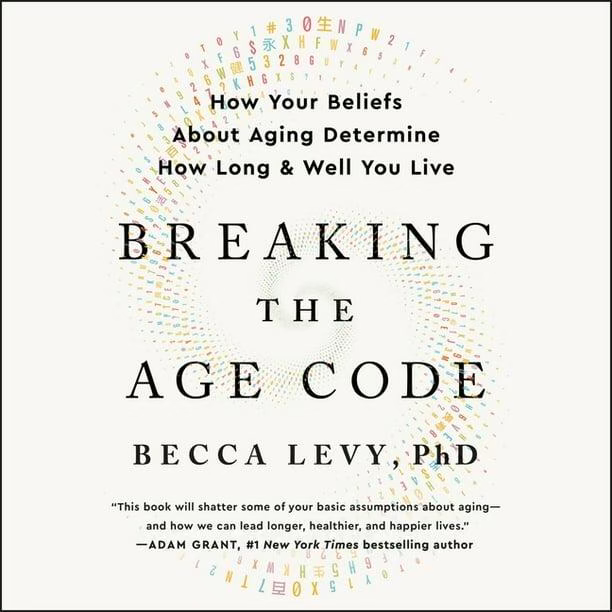Easing the Financial Burden of Cancer Care
- Patricia Anstett
- Mar 31, 2023
- 3 min read

Devastated, tired and still in some pain after a mastectomy and radiation last fall, Jacqueline Abdelmeguid lives her life wondering how long it will take to regain her health. Hopefully it will be soon.
But she says she fears it will take her years to pay the medical bills that keep coming, maybe even the rest of her life, as she receives the medical treatment that she hopes will keep the cancer from returning.
Abdelmeguid holds up her phone and scrolls through her Corewell Health medical chart to show a note in cursive handwriting telling her: You owe $4,122,89.
There is a chance the Corewell system will write off some of the bill when she submits an application for the assistance. Still, she says she knows that with a $3,000 deductible for her Blue Cross Blue Shield of Michigan plan, she faces more out-of-pocket costs in the months ahead - in addition to the $378 monthly insurance premium she pays for herself, her husband and a grandson.
“I skip over it real quickly because it makes me sad,” said Abedlmeguid, 65, who is on unpaid medical leave from her 30-year postal service job. She owes two months rent on the Oak Park home where she lives with her husband, a recent immigrant from Eqypt, two daughters and her 15-year-old grandson.
Abdelmeguid set up a $45 a month payment plan with Corewell and says she is grateful for help from their social worker who assisted her with applications for financial aid. She also points to the non-profit organizations that have helped her during this trying time, particularly the New Day Foundation in Rochester Hills, Michigan.
Older women, like Abelmeguid, who are struggling with the financial burdens that too often accompany breast cancer treatment are a much less known and publicized segment of a serious and growing American healthcare problem. Soaring medical bills are straining and even bankrupting people, including the nation’s oldest adults, many surprised to find their Medicare plans do not fully cover all of the cost of their care.
“People think Medicare is a get-out-of-jail-free card but it’s not,” said Molly MacDonald, a breast cancer survivor who founded The Pink Fund, a Southfield, Michigan based non-profit that asks, “Chemo or Car Payment?” in its social media fundraising campaign. The fund, which distributed more than $1 million in grants last year, pays as much as $3,000 for the non-medical bills of women and men in breast cancer treatment who meet eligibility guidelines, including showing a loss of income during cancer treatment.
Cancer patients are particularly vulnerable, according to a Feb. 8 editorial on the website of the Journal of the American Medical Association. “Compared with other chronic conditions, patients with cancer are at risk for higher out-of-pocket expenses,” the editorial reported. “Breast cancer care in particular may be associated with high financial toxicity given the need for screening and diagnosis, multidisciplinary care and longitudinal follow-up. Notably gender affects financial security.”
A five-month investigation by Urban Aging News found a very strained patient assistance

network among hospital systems, non-profits, the pharmaceutical industry and others, particularly as costs for new chemotherapy drugs rise and insurance plans charge higher premiums and require more out-of-pocket expenses from policyholders.
Financial toxicity has been described and more widely recognized among people under 64, who may be uninsured, lose jobs and homes or face bankruptcy because of their medical bills.
But an unknown number of Americans who are 65 or older - nearly all of whom have some Medicare benefits - also faces growing financial challenges. These medical expenses mean that at least one in four older adults fails to fill a needed prescription or gives up necessities in order to pay for medicine, studies show. Many are never asked if they can afford the care their doctors prescribe. This year, hospital systems face pressure from a regulatory agency and federal guidelines to do more to identify who needs help and to provide that assistance to them.
The Urban Aging News project aims to identify gaps in Medicare coverage for cancer patients; provide sources of help for patients; and include suggestions and policy statements from Medicare experts and national organizations to close loopholes. The findings from the investigation will be published in an upcoming issue. The project is funded through a journalism fellowship from The Gerontological Society of America, The Journalists Network on Generations and The National Institute for Health Care Management Foundation.

Patricia Anstett is an author of a book on breast cancer surgery and former medical writer for the Detroit Free Press.
Resources for bill assistance and other helpful information:
The Pink Fund: www.pinkfund.org
New Day Foundation: www.FoundationforFamilies.org
Triage Cancer: www.triagecancer.org , or 424.258.4628
A comprehensive list of financial resources for patients:




Comments